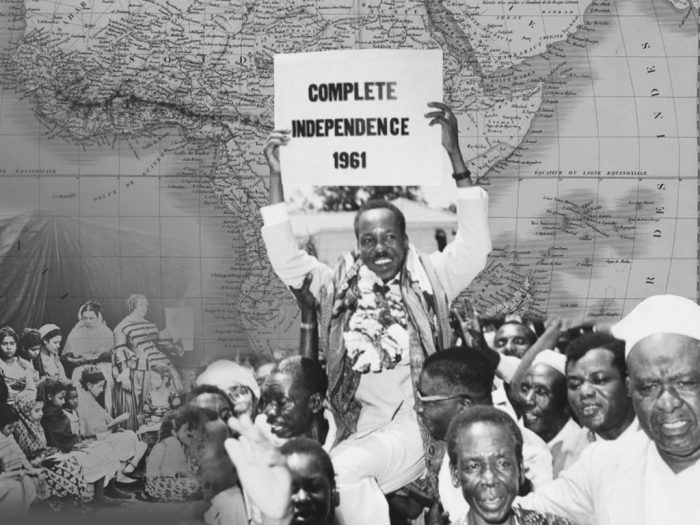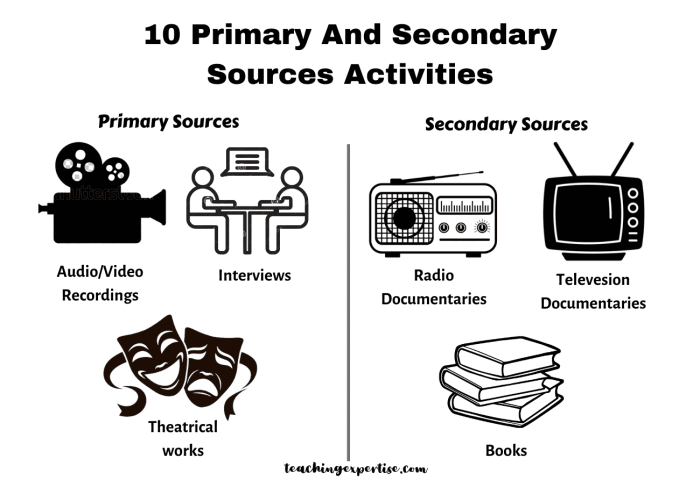Embark on an enlightening journey through the depths of African nationalism with our comprehensive Nationalism in Africa Primary Sources Worksheet Answer Key. This invaluable resource unveils the origins, evolution, and profound impact of nationalist movements that shaped the continent’s destiny.
From the dawn of colonialism to the birth of independent nations, primary sources serve as illuminating windows into the complexities of African nationalism. Explore speeches, letters, manifestos, and more to gain firsthand insights into the aspirations, struggles, and triumphs of African leaders and citizens.
Nationalism in Africa: Historical Context
Nationalism in Africa emerged as a response to European colonialism, which imposed foreign rule and exploitation on the continent. The desire for self-determination and independence fueled the rise of nationalist movements.
Key Nationalist Movements and Leaders
- Kenya:Kenya African National Union (KANU) led by Jomo Kenyatta
- Ghana:Convention People’s Party (CPP) led by Kwame Nkrumah
- South Africa:African National Congress (ANC) led by Nelson Mandela
Pan-Africanism
Pan-Africanism played a crucial role in shaping African nationalism. It promoted the unity of all Africans and advocated for the liberation of the continent from colonial rule.
Primary Sources on African Nationalism: Nationalism In Africa Primary Sources Worksheet Answer Key
Primary sources provide valuable insights into the history of African nationalism. These include:
Types of Primary Sources
- Speeches:Speeches by nationalist leaders reveal their ideologies and goals.
- Documents:Official documents, such as constitutions and manifestos, Artikel the principles and objectives of nationalist movements.
- Literature:Novels, poems, and plays by African writers reflect the experiences and aspirations of their societies during the nationalist era.
Significance of Primary Sources
Primary sources allow historians to reconstruct the past and gain a deeper understanding of the motivations and strategies of nationalist movements.
Worksheet Answer Key

Questions
- What were the origins of nationalism in Africa?
- Describe the role of Pan-Africanism in shaping African nationalism.
- Identify three key nationalist movements in Africa.
Answers
- Nationalism in Africa emerged in response to European colonialism.
- Pan-Africanism promoted the unity of all Africans and advocated for the liberation of the continent from colonial rule.
- Key nationalist movements in Africa include KANU in Kenya, CPP in Ghana, and ANC in South Africa.
Case Studies of African Nationalism
Kenya
The Kenyan nationalist movement was led by KANU and Jomo Kenyatta. It successfully negotiated independence from Britain in 1963.
Ghana, Nationalism in africa primary sources worksheet answer key
The Ghanaian nationalist movement, led by CPP and Kwame Nkrumah, achieved independence from Britain in 1957.
South Africa
The South African nationalist movement, led by ANC and Nelson Mandela, fought against apartheid and white minority rule. It achieved democracy in 1994.
Comparative Analysis of African Nationalist Movements

Similarities
- Opposition to colonial rule
- Demand for self-determination
- Use of mass mobilization and non-violent resistance
Differences
- Timing and duration of nationalist struggles
- Levels of violence and repression
- Nature of post-independence governments
Legacies of African Nationalism
Positive Consequences
- Independence and self-determination
- Increased African participation in global affairs
- Development of African identity and culture
Negative Consequences
- Political instability and ethnic conflict
- Economic challenges and corruption
- Continued dependence on foreign powers
Popular Questions
What is the significance of primary sources in studying African nationalism?
Primary sources offer direct and unfiltered accounts of historical events, providing invaluable insights into the motivations, perspectives, and experiences of individuals and groups involved in nationalist movements.
How does the worksheet help students understand African nationalism?
The worksheet poses thought-provoking questions that guide students through the analysis of primary sources, fostering critical thinking, historical empathy, and a nuanced understanding of the complexities of African nationalism.